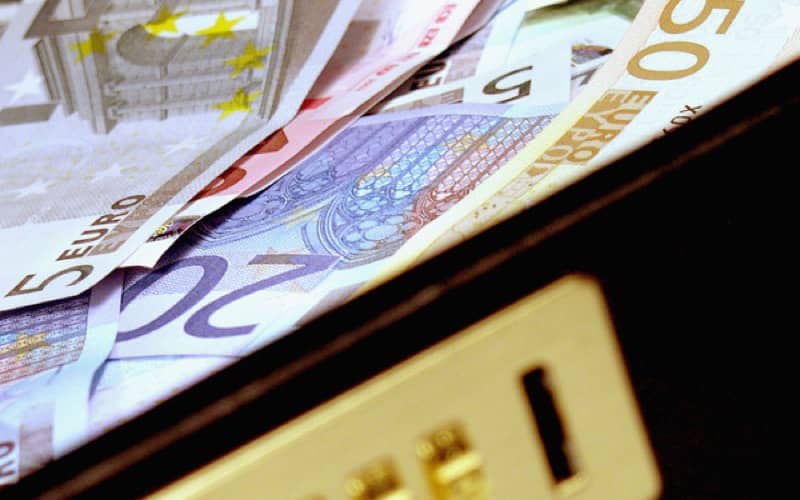Moroccan Expats Face Hefty Fines for Undeclared Foreign Bank Accounts

Moroccans residing abroad (MREs) who have not so far declared to their countries of residence the bank accounts held in Morocco will be subject to heavy penalties, after the launch in September 2021 of the data exchange between the signatory states of the "Standard for Automatic Exchange of Financial Account Information for Tax Purposes (AEOI)".
Morocco is among the signatory states of the "Standard for Automatic Exchange of Financial Account Information for Tax Purposes (AEOI)" under the auspices of the OECD. In 2018, its Parliament had thus ratified Decree-Law No. 2.18.117 which requires Moroccan banks to communicate to the DGI all tax information concerning their MREs with income, real estate, shares or bank accounts in Morocco. In turn, the DGI will have to transmit this data to the partner countries concerned. The launch of the exchanges will take place from September 2021. After which, the DGI will receive from abroad the identification, assets and details of bank accounts or investments held by resident taxpayers in Morocco, directly or indirectly, in a partner country. It will, in turn, communicate to foreign tax authorities the income, assets and account balances held in Morocco by non-residents (including MREs).
Prior to the start of the AEOI, Morocco granted a second tax amnesty to taxpayers who are in breach of the rules on foreign exchange and tax residence, to facilitate their compliance with the legislation in force concerning income and assets held abroad. The rate of the liberating contribution was very moderate, i.e. 2%, 5% and 10% depending on the nature of the assets held abroad. A less severe legislation. French legislation does not offer the same possibilities. It is very severe in this matter. Big trouble for more than a million Moroccans residing in France. The penalties to which MREs, who hold bank accounts in Morocco, and who have not declared them to the tax authorities of their country of residence, are exposed are heavy.
When information relating to an undeclared account reaches the French tax authorities, the taxpayer concerned is required to file corrective returns, bank statements and supporting documents on the origin of the assets. Without a response within the time limit or in case of an insufficient response, the tax authorities are authorized to consider that the assets placed on the undeclared bank account constitute an asset acquired free of charge. Consequently, it must be taxed ex officio at the transfer tax rate of 60%. That’s not all. The taxpayer concerned may also be required to pay the principal and late payment surcharges in respect of income tax, and possibly wealth tax, relating to the due income or regularized accounts, for the non-prescribed period (2011-2020). In this case, late payment interest varies from 0.4 to 2.2% per month of delay in addition to a single and global surcharge of 80% of the principal which cannot be less than 1500 €.
In a case of tax fraud offense, the taxpayer is severely penalized. In addition to the aforementioned tax penalties, he will be subject to a fine of 500,000 euros or double and a prison sentence of five years. The fine can increase up to 3,000,000 € or double followed by a prison sentence of seven years for aggravated fraud. The taxpayers concerned still have time to regularize their situation. The advantage is that this will not spare them a substantial tax recall, but it will be much less heavy than if it is the tax authorities who discover it. As for accounts involved funded only by income declared in France, a fine of 1500 € for an undeclared foreign bank account is provided for.
Related Articles
-

French Summer Tourism Slumps: Morocco Sees 21% Drop as Economic Woes Hit Travel Industry
5 September 2025
-

Undocumented Moroccan Delivery Driver Arrested in Nîmes, Faces Deportation
5 September 2025
-

Racial Controversy Erupts as Pierre Ménès Claims "Eleven Blacks" in French National Team
5 September 2025
-

Moroccan Man Faces Deportation Risk After Domestic Violence Conviction in France
4 September 2025
-

New Calvados Sub-Prefect Tackles Security Challenges Amid Looming National Strike
4 September 2025